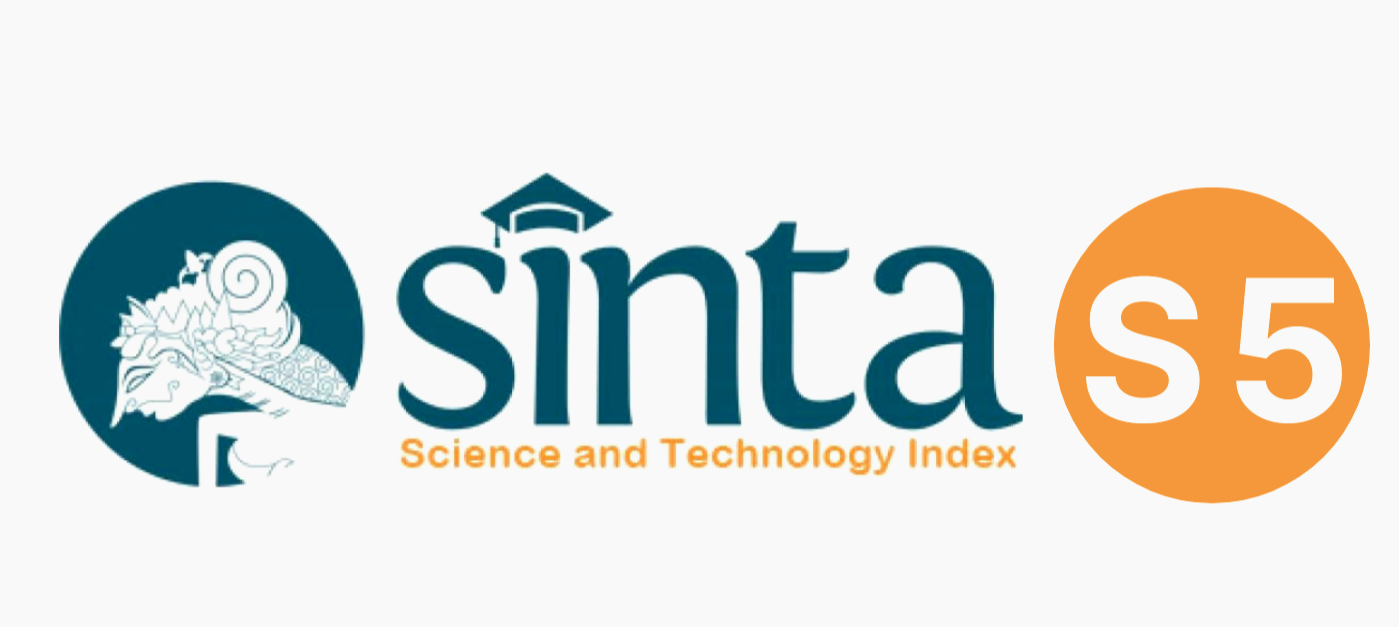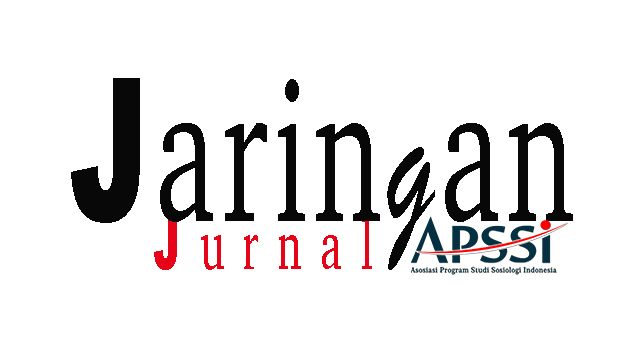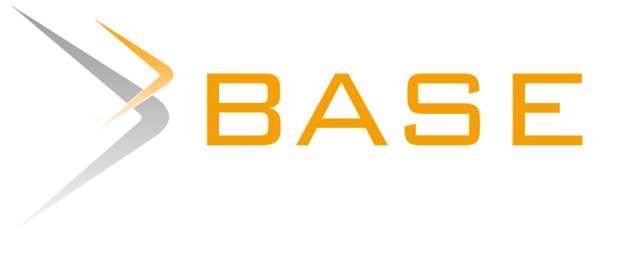Strategi Adaptasi Pedagang Pasar Tradisional Dalam Mempertahankan Kelangsungan Usaha Saat Pandemi Covid-19 di Pasar Baru Baturaja
 Abstract: 165
/
Abstract: 165
/  Abstract: 698
Abstract: 698
DOI:
https://doi.org/10.47753/je.v9i1.165Keywords:
Adaptation Strategy, Traditional Market Traders, Covid-19 PandemicAbstract
Since the emergence of the COVID-19 pandemic, many business actors have experienced a drastic decrease in income due to the lack of buyers; one of the affected business actors is the Baturaja Baru Market trader. The existence of this pandemic makes traders experience stuttering, so it takes work to maintain their business. Therefore, traders are required to make efforts to adapt strategies so that they can continue to keep their business during the pandemic. In this study, the research method used is descriptive qualitative. Data collection techniques used are in-depth interviews, non-participant observation, and documentation. This research uses Suharto's concept of adaptation strategy. The results of this study indicate that the adaptation strategy carried out by traders initially showed a feeling of optimism, but after that, traders began to experience stuttering. Traders who successfully apply the three adaption strategies will arrive at a sound stage and can adapt to the new conditions that existed during the COVID-19 pandemic.References
Bungin, Burhan. 2017. Metode Penelitian Kualitatif. Jakarta: Rajawali Pers. Chalid, Pheni. 2009. Sosiologi Ekonomi. Jakarta: Center For Social Economic
Studies (CSES) Press.
Cresswell, John W. 2012. Research Design Pendekatan Kualitatif, Kuantitatif Dan Mixed. Yogyakarta: Pustaka Pelajar.
Cresswell, John W. 2014. Research Design Pendekatan Kualitatif, Kuantitatif, Dan Campuran. Yogyakarta: Pustaka Pelajar.
Cresswell, John W. 2016. Research Design : Pendekatan Metode Kualitatif, Kuantitatif Dan Campuran. Yogyakarta: Pustaka Pelajar.
Damsar. 2005. Sosiologi Pasar. Padang: Laboratorium Sosiologi. FISIP- Universitas Andalas.
Damsar, P. 2009. Pengantar Sosiologi Ekonomi. Jakarta: Kencana.
Djalante, Riyanti Et Al. 2020. “Review And Analysis Of Current Responses To
COVID-19 In Indonesia : Period Of January To March 2020.” (April).
Moleong, Lexy J.2006.Metodelogi Penelitian Kualitatif. Bandung: Moleong, Lexy J.
Mulyadi, And Risminawati. 2012. Model-Model Pembelajaran Inovatif Di Sekolah Dasar. Surakarta: FKIP UMS.
Muhliansyah. 2018. “Pengaruh Kesesakan Dan Adaptasi Terhadap Stress Lingkungan Pada Masyarakat Kelurahan Air Putih Kota Samarinda.” Jurnal Psikologi FISIP Unmul6(3): 341–51.
Nurhayati, S.H Rini, And A Luthfi. 2017. “Strategi Adaptasi Pedagang Pasar Johar Semarang Dalam Mempertahankan Kelangsungan Usaha Pasca Kebakaran Tahun 2015.” Jurnal UNNES 6(1).
Saldana., Miles &Huberman. 2014. Qualitative Data Analysis. America: SAGE Publication.
Sugiyono. 2013. Metode Penelitian Kuantitatif, Kualitatif Dan R&D. Bandung:Alfabeta.Bandung: Alfabeta.
Sugiyono. 2016. Metode Penelitian Pendidikan Kuantitatif, Kualitatif, Dan R&B. Bandung: Alfabeta.
Suharto, Edi. 2009. Kemiskinan Dan Perlindungan Sosial Di Indonesia. Bandung: Alfabeta.
Sujatmiko, Eko. 2014. Kamus IPS. Surakarta: Aksara Sinergi Media.
Usman, Husaini, And Purnomo Setiady Akbar. 2014. Metode Penelitian Sosial.
Jakarta: Bumi Aksara.
Wahyudi, M.S, And H Kusuma. 2020. Ekonomi Indonesia Di Tengah Pandemi Covid-19. Malang: Ummpress.
Wicaksono, Lulud N, And Drs Priyatno Harsasto. 2008. “Persepsi Pedagang Pasar Terhadap Program Perlindungan Pasar Tradisional Oleh Pemerintah Kota Semarang Studi Kasus Pedagang Pasar Peterongan Semarang Selatan.” Jurnal Ilmu Pemerintahan Universitas Diponegoro.
Downloads
Published
Issue
Section
License
Articles published in Jurnal Empirika are licensed under the International License of Creative Commons Allowance-ShareAlike 4.0. The author is free to use any media to copy, change, or redistribute the paper, provided the author gives credit to the original author and this journal, links to the license, shows if modifications have been made, and redistributes it in the same permission. The author grants the right to any third party to use their posts following the Creative Commons Attribution-Share Alike International 4.0.











